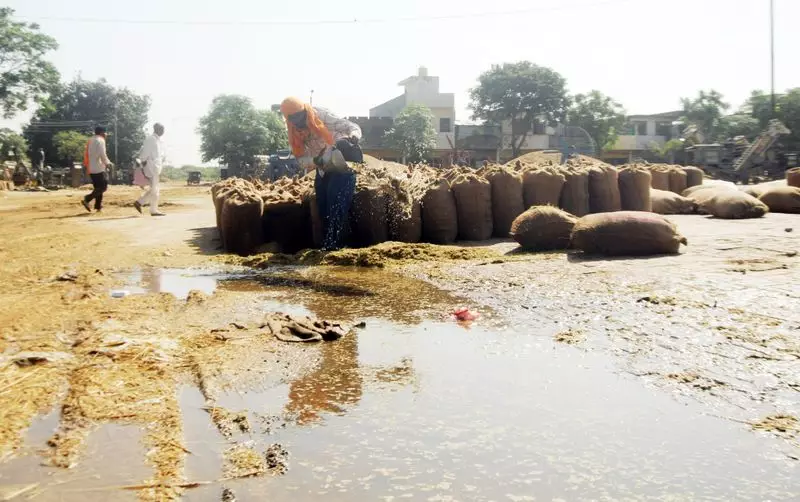
The relentless monsoon rains have unleashed havoc across North India, particularly in the agricultural heartlands of Punjab and Haryana, where farmers are counting massive losses as floodwaters swallow their crops and livelihoods.
Agricultural Catastrophe Unfolds
Vast stretches of farmland now resemble inland seas, with submerged paddy fields and destroyed vegetable crops painting a grim picture of the region's agricultural landscape. The timing couldn't be worse - coming at a critical growth stage for kharif crops that thousands of farming families depend on for their annual income.
The Human Cost of Natural Disaster
Behind the statistics lie heartbreaking stories of farmers who invested their life savings into these crops, only to watch nature wash away their hopes in a matter of days. The psychological impact is as devastating as the financial ruin, with many farmers facing an uncertain future and mounting debts.
Government Response Under Scrutiny
While state governments have announced relief measures, farmers on the ground report that assistance is either insufficient or too slow to reach those most affected. The gap between policy announcements and actual implementation has become a source of growing frustration in rural communities.
Beyond Immediate Relief: Long-term Solutions Needed
Agricultural experts emphasize that while immediate compensation is crucial, the recurring nature of such disasters calls for more comprehensive solutions:
- Enhanced drainage infrastructure to handle extreme rainfall events
- Crop insurance schemes that actually deliver when needed
- Climate-resilient farming practices adapted to changing weather patterns
- Early warning systems to help farmers prepare for extreme weather
The Road to Recovery
As waters gradually recede, the monumental task of rebuilding begins. Farmers need not just financial compensation but also support with seeds, equipment, and technical guidance to restart their agricultural operations. The coming weeks will be critical in determining whether farming communities can bounce back from this devastating blow.
The flood crisis has exposed the vulnerability of India's agricultural sector to climate extremes, highlighting the urgent need for a more resilient farming ecosystem that can withstand such shocks while protecting the backbone of our food security.





